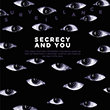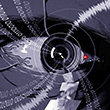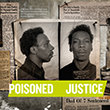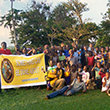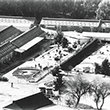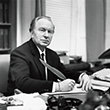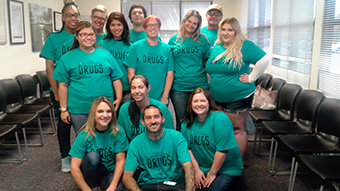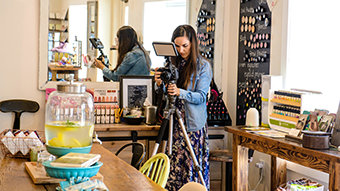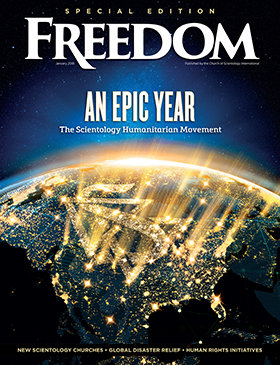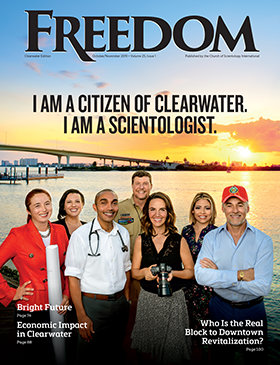
“Young people don’t like being told what to do,” says Steven Mervish, the founder of Drugsline Education, an anti-drug organization that warns students in Britain about the dangers of drugs and the consequences of addiction. Though he has dedicated much of his life to the cause, he lets the dire statistics and the examples presented in The Truth About Drugs—a DVD and booklet distributed free by the Foundation for a Drug-Free World—convince students to make correct decisions. He never tells his audiences not to do drugs.
“Teenagers and drug addicts are similar. They all want to experiment. They think they are indestructible and think [addiction and death] won’t happen to them,” Mervish says.
He has given presentations at more than 140 schools, reaching over 58,000 students and 2,680 parents.
“There’s a lot of naiveté in the world with people who don’t understand or don’t know about drugs, and some people tend to shut their eyes. But I’ve found the more information you give them, the more information they want. It whets their appetite.” So he sates their hunger by providing Drug-Free World materials. “People tell me how good and clear the materials are. They’re easy to read, and they feel that they’re appropriate for most age groups,” Mervish says.
The horrors of drug use and addiction, however, are pervasive, and 82 percent of drug addicts in the United Kingdom admitted that marijuana was the first drug they tried. Yet Mervish says children often have misperceptions about drugs, saying they’ll stop after only one use or that cocaine and heroin are bad but marijuana isn’t. His presentations, however, set them straight, in large part because the information that he conveys is so thorough and of high quality. “No materials are good enough, except the Foundation for a Drug-Free World’s materials,” he says.
And it helps that he speaks the kids’ language. “I go online to pick up words they use. I listen to my daughter, get updated. I’m not ashamed to tell children, ‘I’ve never heard of that before: Please explain it to me.’”
He feels that the best way to win the battle against illicit drugs is to begin to educate kids at an early age. “We need to change the culture in the schools and start working with year 7 and 8, the younger ones, as they are looking at the older ones and thinking, ‘That’s cool; they’re smoking weed.’ So we need to change the younger ones, so when they get older, they will become decent role models when the next young ones come in.”
Despite setting numerous students on the right path, Mervish is humble. “I’m not the one who does the work. I call myself a gardener. I plant seeds.”

